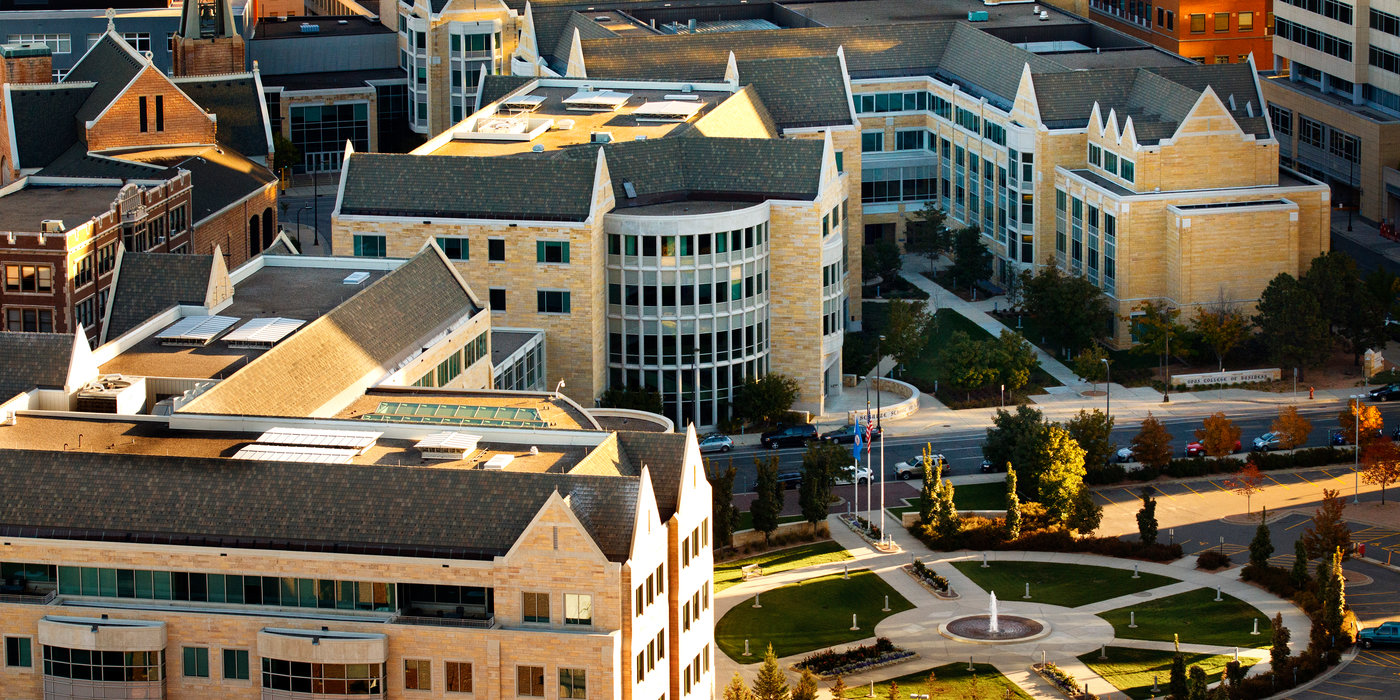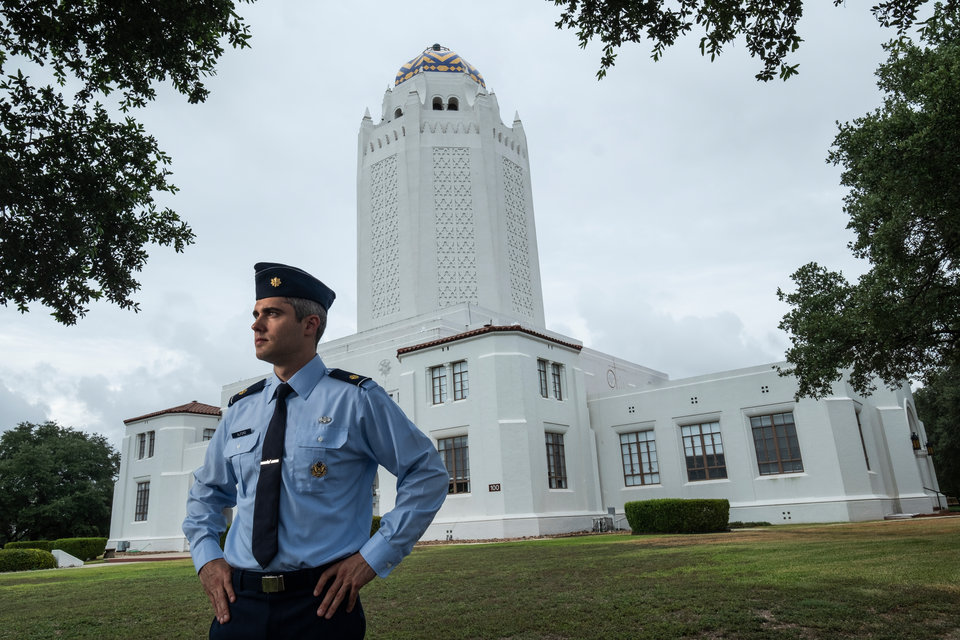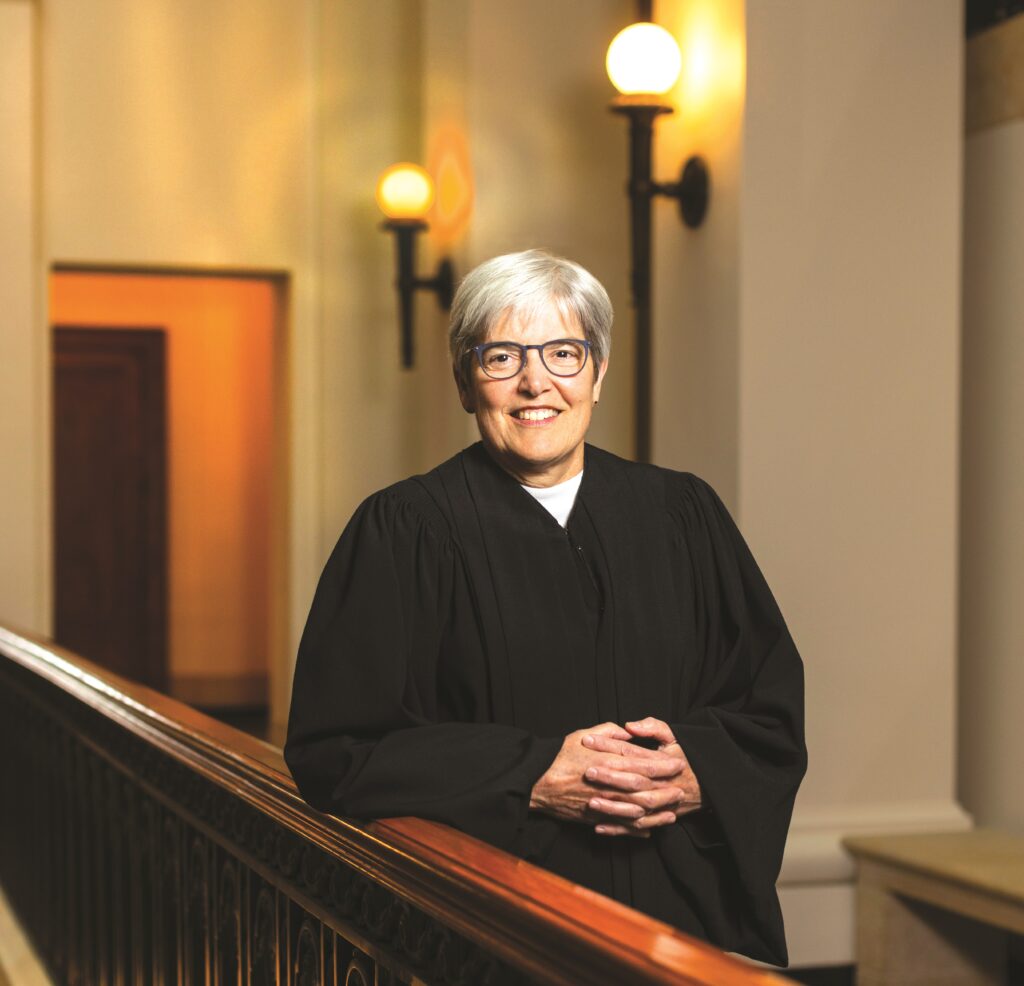In the decade before the University of St. Thomas School of Law opened its doors, observers of the legal profession were sounding the alarm about ominous changes faced by American lawyers.
In 1993, for example, Yale law professor Anthony Kronman published his classic, The Lost Lawyer, in which he lamented what he diagnosed as the demise of the expectation that lawyers would be uniquely equipped for citizenship. He wrote that the outstanding lawyer used to be understood as someone who “cares about the public good and is prepared to sacrifice his own well-being for it, unlike those who use the law merely to advance their own private ends.” The citizenship ideal was not simply a question of motivation, though, for the outstanding lawyer was also a better citizen than most, according to Kronman, because of a “special talent for discovering where the public good lies and for fashioning those arrangements needed to secure it.”
In the face of market pressures, more and more lawyers were becoming indistinguishable from other business service providers in focusing only on the bottom line and retreating from meaningful community engagement. The citizenship ideal rapidly was receding from view and, Kronman feared, “is now dying in the American legal profession.”
How does St. Thomas Law fare in light of Kronman’s assessment? Our school’s mission dedicates us to the integration of faith and reason, but that can never be mistaken for a justification to turn our gaze inward. Faith can be an intensely personal experience, but it is not a private one. By caring about the whole-person formation of our students and giving them robust exposure to mentoring, clinical work, faculty collaboration and externships, we believe that we are training lawyers who will not be satisfied by a narrow, myopic understanding of professional success. They will tend to seek leadership opportunities serving their communities, and to hone their skills to meet community needs. They will, in other words, have a “special talent for discovering where the public good lies and for fashioning those arrangements needed to secure it.”
In this issue of St. Thomas Lawyer, we feature members of our community whose lives and work reclaim and reflect this citizen-lawyer ideal. To be clear, this ideal does not flow from a wistful sentimentality, as though we could or should return to the days of Atticus Finch or Abraham Lincoln. St. Thomas Law will remain on the cutting edge of technology, curricular innovation and employment trends. The “how” of what we do cannot remain static, but the “why” must remain fixed. We have been called to a university committed to educating students to be “morally responsible leaders who think critically, act wisely, and work skillfully to advance the common good.” In other words, we will produce citizen-lawyers.
If you have ideas or examples of how we can strengthen our ability to train citizen-lawyers, I’d love to hear from you. You can reach me at rkvischer@stthomas.edu or (651) 962-4838.





